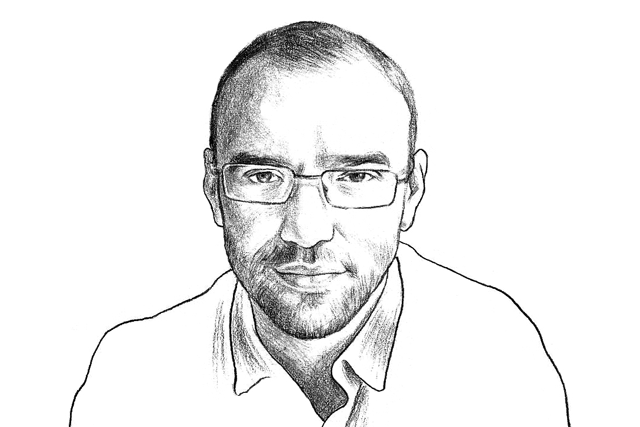Long ago, before producing my first successful TV series and creating stories for global brands like Coca-Cola, I sold a storytelling game door-to-door in the slums of Rio de Janeiro, Brazil.
Autoria (Authorship), was created by me and my mother, based on her PhD dissertation analysing 5000 years of narrative patterns in myths and stories from all over the world. The game was created when my mother lost her job and we needed to pay the bills.
Perhaps the best crash course in "How to successfully pitch your story" is to spend five years knocking on doors convincing people that a board game can help them learn to read and write better through a greater understanding of story.
Sales were based on my ability to engage everyone in my own story, and it took a while to crack the code. In my first month, I sold only seven games. My next idea was to sell five games per school, along with a workshop to train teachers and students how to use it. That's when everything changed.
Once we began interacting with customers, they began to understand not only our story, but also how the game would help them with theirs. We sold many more games, got feedback for improvements, and the teachers and students started to find subjects beyond writing to apply the game to, such as maths.
This was the beginning of a grass-roots, word-of-mouth movement that eventually brought the game to 4000 Brazilian schools and evolved into a social-media platform for more than 700,000 students, who, through the game, improved their test scores and became the first in their families to attend college.
At our production company, we believe that no matter what you call it - storytelling, transmedia, franchise or world-building - it is the future. And the future demands new ways of telling stories and new metrics - an understanding of audience engagement beyond mere number of "clicks" and "eyeballs".
It's not just about more content on more devices either; it's about the chance to bring new narratives into people's lives, extraordinary moments and stories that get people talking.
Brands are the next studios and need to act like it. They should develop their own content and mould new entertainment models. Based on my experience with the game, we created the Storytelling Compass, a tool that helps brands align their content strategy globally. Coke was the first global brand to adopt it.
For example, in creating East Los High, a hit show for Hulu, we developed not only an acclaimed TV series, but also a relationship platform for brands to talk to the Latino market. Designed for this new way of telling stories: a series, a cooking show, a dance competition, vlogs and a sex/love consultancy channel.
Great stories gain momentum only if they are crafted in accessible ways that allow the audience to collaborate and help spread them. That is true for brands, studios and poor kids from Rio.
Mauricio Mota is chief storytelling officer and co-founder, The Alchemists Productions


